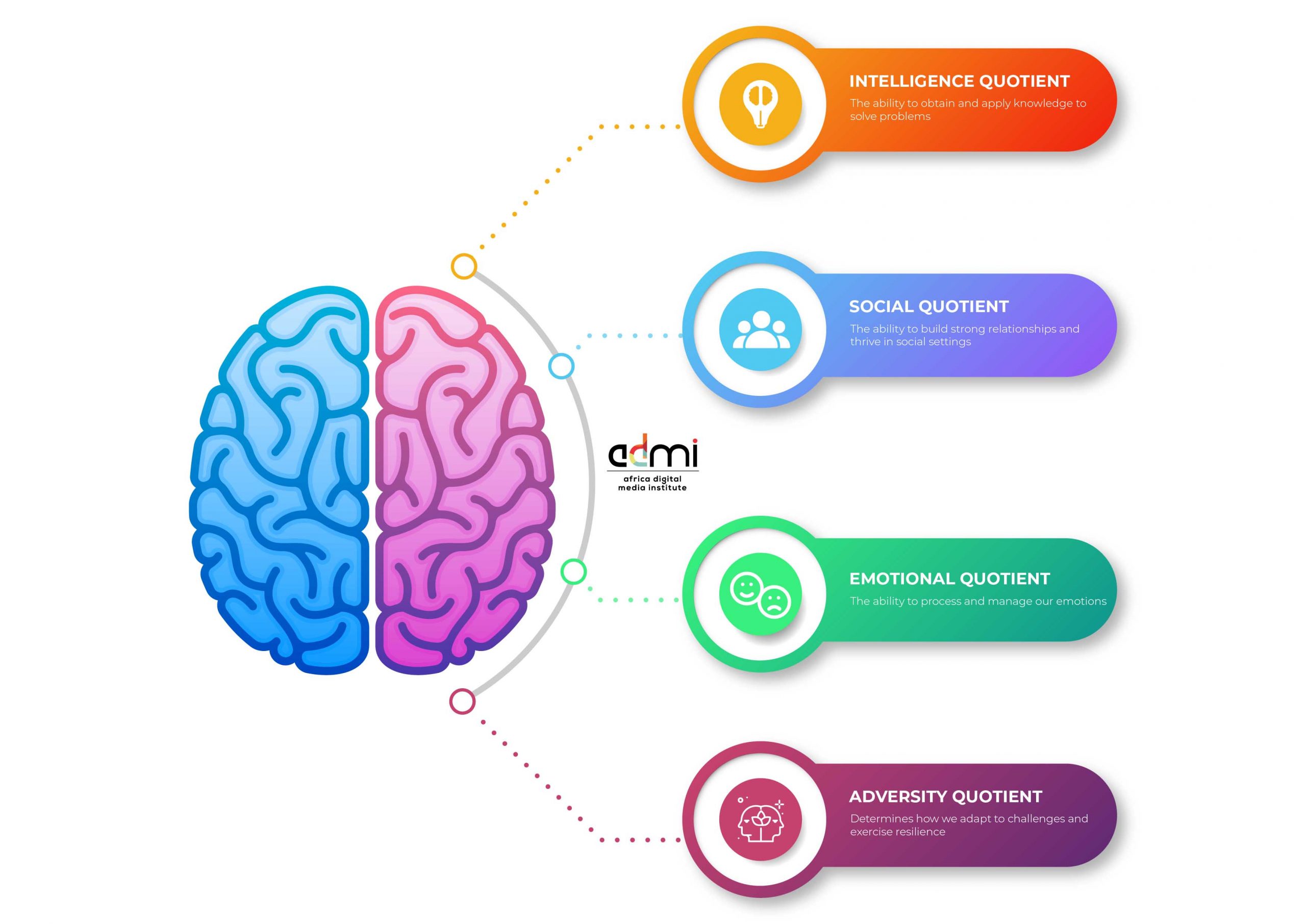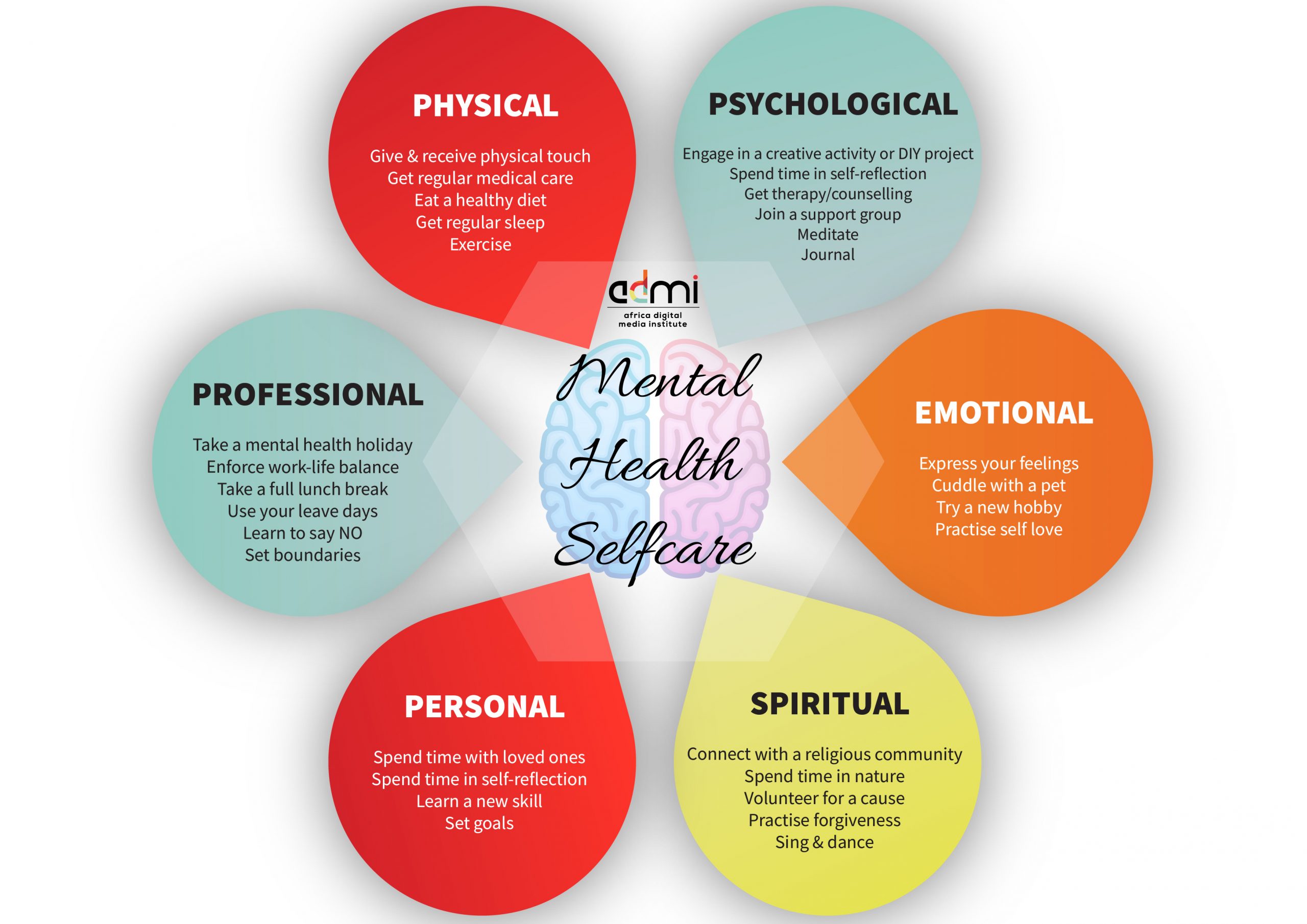The Covid-19 pandemic is affecting us and those we love. A lot of focus has been placed on the socio-economic effects of Covid-19 yet it continues to drain our mental reserves. Anxiety, worry, loneliness, depression and stress levels can have a negative impact on mental wellbeing.
Our inhouse psychologist Joyce Ngugi convened a panel of mental health advocates at a webinar this July to share ideas on how we can stay mentally fit during this time. In this panel were a certified psychologist and life coach, our Career Launchpad faculty and a mental health champion with Bipolar lived experience.
Joyce began the discussion by clarifying the difference between mental health and mental illness, two terms that are often misunderstood and used interchangeably.
According to Mayo Clinic, mental illness refers to a wide range of mental health conditions — disorders that affect your mood, thinking and behaviour. Although physiological, biological and environmental factors may come into play in an individual’s mental illness, the exact cause is not known.
Examples of mental illness include:
- Eating disorders
- Schizophrenia
- Anxiety disorders
- Depression
- Addictive behaviours
Mental health means something else entirely. It’s the term we use to describe mental wellbeing. This includes emotions, thoughts and feelings, the ability to solve problems and overcome difficulties, our social connections and our understanding of the world.
You must keep your mental health in shape – just like you do for the other parts of your body. Mental health is not an off and on switch.
Joyce introduced us to the 4 quotients of the human brain which enable you to be a well-rounded person:
- Intelligence quotient: The ability to obtain and apply knowledge to solve problems
- Social quotient: The ability to build strong relationships and thrive in social settings
- Emotional quotient: The ability to process and manage our emotions
- Adversity quotient: Determines how we adapt to challenges and exercise resilience
It’s the adversity quotient that will play a major role in keeping mentally fit right now. It will help improve your adaptability to discomfort and unpleasantness.
It will keep you from succumbing to anxiety which can be brought about by the fear of losing your health, financial security, and normalcy. How can you improve resilience? First, find out your adversity quotient with this test.
COVID-19 prevention has necessitated stringent measures such as social distancing. The home is now a makeshift workstation, classroom and everything in between.
“Everyone keeps adding responsibilities when you are at home because you seem available, yet you have to keep up with classes and other commitments. This sense of overwhelm can lead to burnout and irritability”
Ciku Munuku, Career Launchpad Faculty
As family members share space and violate emotional boundaries, they keep getting into interpersonal conflicts. This makes it hard for most people to perform their roles both personally and professionally.
Unplugging also poses a challenge since we’re constantly connected. An assignment here, an urgency there makes it almost impossible to stay away from our devices. Not to mention the texts and video calls we use to stay in touch with our loved ones while social distancing.
Mwende Mwendwa, a certified life coach, suggests finding healthy coping mechanisms that won’t be self-destructive.
“It is imperative to find coping strategies that manage difficult emotions. Emotional eating, drug abuse, binge-watching TV are unhealthy coping mechanisms.”
Mwende Mwendwa, Life Coach
Feeling down, sluggish and low is normal when dealing with difficult emotions. Joyce advised us to identify and process our feelings.
“First, acknowledge that you are feeling down and pick yourself up by participating in an activity you enjoy. Holding yourself accountable and stay committed to your goals. Use routine to create a sense of structure and stability. Finally, remind yourself constantly that this too shall pass”
Joyce Ngugi, ADMI Counsellor
Self Care and COVID-19
COVID-19 has led to the rise of unverified information, what the World Health Organization now identifies as an infodemic. So get selective with what you watch, hear and read out there. Stay away from situations that trigger anxiety, anger and fear. If watching the news affects you negatively, limit your exposure as much as possible.
Did you know that human beings are emotionally charged? Our intense emotions are affected by prevailing circumstances. Releasing pent up emotions creates an emotional balance. Shedding tears when you’re sad or laughing your heart out to something funny will leave you feeling better.
Inner happiness is enhanced by hobbies. Feed your soul by trying out a fun pastime or DIY project. Here are some fun DIY projects you can work on right away:
- Have you always wanted to change the colour of your walls? This is an extensive guide that will help you create some improvements at home
- You can never have enough storage space. Create some more here
- Create custom DIY planters for indoor plants
- Pull off that perfectly put together bookshelf.
- Get that tie and dye T-shirt and hoodie right
- Upgrade your desk and countertops with paint to get a marble look and feel. Get the guide here
How to Support a Loved One With Mental Health Challenges During the Pandemic
Ferdinard Gumaywa, founder of Strokes and Prose narrated his Bipolar disorder journey, citing stigma as the greatest challenge. This, he experienced from family members who found it challenging to accept him in his mentally ill state. Like in many African communities, it was seen as taboo.
So he had to accept himself. He then opened up to a trusted friend who helped him to seek treatment.
Gumaywa was misdiagnosed with seizures instead of bipolar until he consulted a psychologist. It was then that he started his journey to mental wellness. According to him, medical clarity is critical to diagnosis, treatment and de-stigmatizing mental illness.
“Know who you are and choose to believe in a higher being. This will give you an ethereal identity to work towards a purpose. Channel your creativity to stay mentally active, as this is a form of therapy.”
Ferdinand Gumaywa, Mental Health Champion
As the webinar came to a close, Joyce reminded us to be gentle with ourselves.
You can now watch the Mental Health webinar on-demand on the ADMI channel. We’d love to hear your thoughts on how you’re staying mentally fit.



